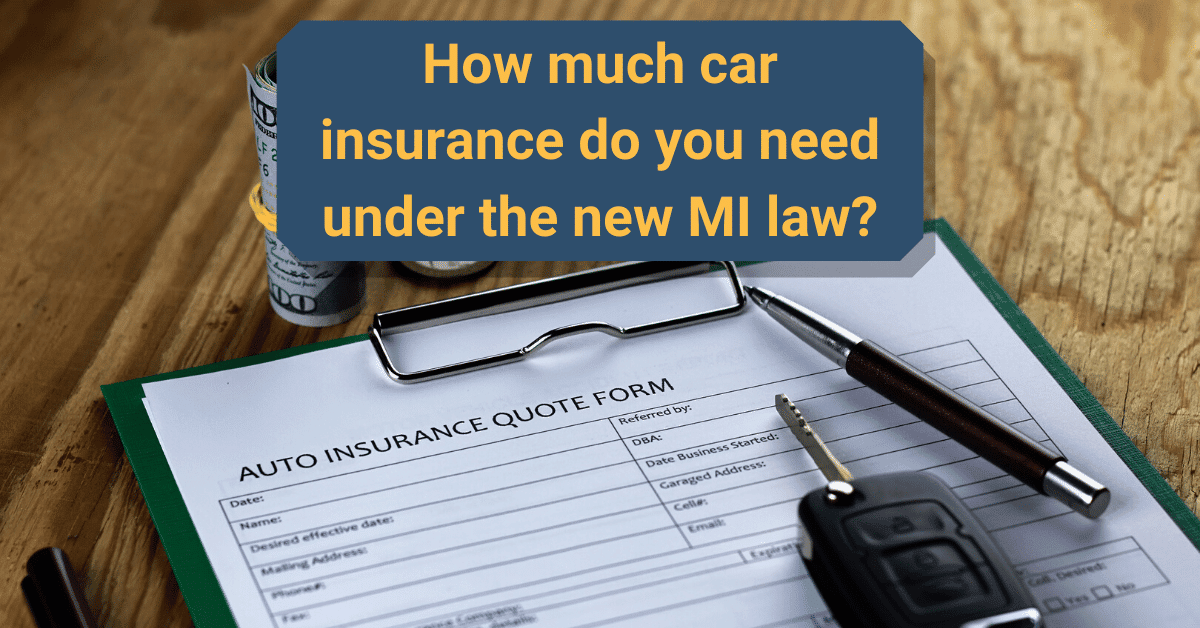Whole life and universal life insurance are both thought about irreversible policies. That indicates they're created to last your entire life and won't expire after a certain amount of time as long as required premiums are paid. They both have the possible to accumulate cash value with time that you might be able to borrow against tax-free, for any factor. Due to the fact that of this function, premiums may be higher than term insurance. Entire life insurance coverage policies have a fixed premium, indicating you pay the exact same amount each and every year for your protection. Similar to universal life insurance coverage, entire life has the potential to collect cash value gradually, developing an amount that you may be able to borrow versus.
Depending on your policy's prospective cash value, it might be used to skip an exceptional payment, or be left alone with the potential to accumulate value gradually. Possible development in a universal life policy will vary based upon the specifics of your individual policy, as well as other aspects. When you purchase a policy, the releasing insurance provider develops a minimum interest crediting rate as laid out in your agreement. Nevertheless, if the insurance company's portfolio earns more than the minimum rate of interest, the business may credit the excess interest to your policy. This is why universal life policies have the potential to make more than an entire life policy some years, while in others they can earn less.
Here's how: Since there is a money worth part, you might have the ability to avoid exceptional payments as long as the cash value suffices to cover your required expenses for that month Some policies may permit you to increase or reduce the death benefit to match your particular circumstances ** In most cases you might obtain against the money worth that might have accumulated in the policy The interest that you may have made over time collects tax-deferred Whole life policies use you a fixed level premium that won't increase, the possible to accumulate cash worth gradually, and a fixed death advantage for the life of the policy.
As a result, universal life insurance coverage premiums are generally lower throughout periods of high rates of interest than entire life insurance premiums, frequently for the exact same quantity of coverage. Another essential distinction would be how the interest is paid. While the interest paid on universal life insurance coverage is often adjusted monthly, interest on an entire life insurance policy is usually changed yearly. This might mean that during periods of rising interest rates, universal life insurance policy holders may see their cash values increase at a rapid rate compared to those in whole life insurance coverage policies. Some individuals may choose the set death advantage, level premiums, and the capacity for development of a whole life policy.
Although whole and universal life policies have their own unique features and advantages, they both focus on providing your loved ones with the cash they'll need when you die. By dealing with a qualified life insurance agent or company agent, you'll have the ability to pick the policy that best satisfies your individual needs, spending plan, and financial objectives. You can likewise get atotally free online term life quote now. * Provided necessary premium payments are prompt made. ** Boosts might undergo extra underwriting. WEB.1468 (What is health insurance). 05.15.

See This Report about How Much Is Health Insurance A Month
You do not have to guess if you should enlist in a universal life policy because here you can find out everything about universal life insurance pros and cons. It's like getting a preview before you buy so you can decide if it's the ideal type of life insurance coverage for you. Continue reading to find out the ups and downs of how universal life premium payments, money worth, and death benefit works. Universal life is an adjustable kind of permanent life insurance coverage that allows you to make changes to 2 main parts of the policy: the premium and the survivor benefit, which in turn affects the policy's money value.
Below are a few of the overall benefits and drawbacks of universal life insurance. Pros Cons Developed to use more flexibility than whole life Doesn't have actually the ensured level premium that's readily available with entire life Cash worth grows at a variable rates of interest, which could yield higher returns Variable rates likewise imply that the interest on the cash worth might be low More opportunity to increase the policy's cash worth A policy generally needs to have a favorable cash worth to remain active Among the most appealing functions of universal life insurance coverage is the ability to choose when and how much premium you pay, as long as payments fulfill the minimum quantity required to keep the policy active and the Internal Revenue Service life insurance guidelines on the optimum amount of excess premium payments you can make (How much is life insurance).
But with this flexibility likewise comes some disadvantages. Let's discuss universal life insurance advantages and disadvantages when it pertains to changing how you pay premiums. Unlike other kinds of permanent life policies, universal life can change to fit your monetary requirements when your capital is up or when your budget is tight. You can: Pay higher premiums more often than needed Pay less premiums less frequently or even avoid payments Pay premiums out-of-pocket or utilize the money value to pay premiums Paying the minimum premium, less than the target premium, or avoiding payments will negatively impact the policy's money worth.
